There are currently 27 members of the European Union and there are applications to join from eight additional countries – Turkiye, Montenegro, Serbia, North Macedonia, Moldova, Bosnia, Albania and Ukraine. If these applications are ultimately successful, the EU will stretch from Dublin to Kyiv and include almost all the countries in Western Europe, Eastern Europe and the Balkans. One of the few countries missing from this assembly is, of course, the United Kingdom, in the wake of Brexit.
There have always been devotees of one-world government where nation states and their borders lose all meaning. But the EU is certainly the most dramatic application of this notion in modern times. This is reflected in the role of the current president of the EU Commission, Ursula von der Leyen, at international meetings where she assumes the status of an equal to the presidents of the US and China.
It would be recalled that the EU began – modestly enough – with joint cooperation for the iron and steel industries in six nations in 1952 and the creation of a customs union for the same countries by the Treaty of Rome in 1958. So the initial idea of the EU was a free-trade zone and this might be thought a perfectly rational economic arrangement. This economic cooperation has, however, been transformed into a political colossus with the current members subject to a vast range of administrative and legal limitations on their ability to govern their own affairs.
This is why the strongest argument for Brexit was always one of national sovereignty – the release for the United Kingdom from political directions from the Commission in Brussels and from legal rulings by the EU Court of Justice in Luxembourg and the EU Court of Human Rights in Strasbourg. Although they wildly overstated their case, the opponents of Brexit had a reasonable economic argument that there would be financial consequences for leaving the EU. But, even if this argument be accepted, it is certainly open to the response that national sovereignty is not to be sacrificed for – even substantial – financial gain as this would cut across the whole basis for a nation’s existence.
This is not a proposition, however, that has been accepted by quite a number of EU members. They want the financial benefits that are effectively a transfer to them from the wealthier members, particularly Germany and France, even if the price for these grants is a loss of national autonomy. An obvious example is Greece which simply became insolvent in 2010 and had to be bailed out by the Commission. Although the Greek government had to agree to some budget repair measures, a significant portion of its debt would never be repaid to the creditor banks so this was an effect a straight transfer of funds to those banks by the more affluent members of the EU who were prepared to do this to keep Greece as a member.
Another country that would apparently be happy to sacrifice national sovereignty by joining the EU is Scotland. There is something of a paradox here as the ruling Scottish National Party in Edinburgh has as its foremost goal independence from the UK despite having lost a referendum on this question, even though confined only to Scottish residents, in 2014. On this basis the SNP proposes to exchange the substantial political autonomy it already has within the UK for the political constraints that have to be observed by members of the EU. Given that the Scottish administration is currently heavily subsidised by Britain as a whole, there may be a question as to whether the EU would wish to take on another member that requires large-scale financial assistance.
Even as it grows inexorably in political power and influence, however, the EU faces a significant threat in the form of illegal immigration, largely from North Africa. One of the EU’s principal tenets is freedom of movement within its borders but this principle is undermined by large-scale incursions from outside those borders. Because of its proximity to the North African coastline, Italy has been the target for the majority of those attempting to cross to Europe by boat. The magnitude of the problem for the Italian government can be gauged from the fact that in 2016 just over 180,000 made this journey but the numbers are running for 2023 at a rate of almost 500,000. Many of these will have to be rescued by Italy’s coastguard as their boats founder in rough seas. There would be a similar problem with unauthorised immigrants from the Middle East entering the EU by land but for the fact that the Commission has paid Turkiye billions to block them passing through Turkish territory on their journey to Europe.
These payments represent a marked change in attitude by the EU from a decade ago when there was heavy criticism of any member countries, particularly Poland and Hungary, who complained about the numbers of entrants from the Middle East. Even so, those two countries continue to be threatened with financial sanctions by Brussels because of their domestic policies, notwithstanding that those policies are those of a democratically elected government. In the case of Poland, for example, there has been a long-running dispute between the government and the EU over the appointment and tenure of judges to Poland’s highest courts. No doubt it is possible to have an argument as to what is the best system of judicial administration in any country but it is hard to see why these questions of public administration are not ones for individual governments who are ultimately responsible to the electorate that has put them into office. This instance is, however, typical of the view in Brussels that there can only be one policy for all members and that policy will be determined by the Commission.
There are, of course, those in this country who would like Australia to be subject to the rule of international organisations, like the UN, and view the existence of nation states with the same disdain as the bureaucrats in Brussels but hopefully their view will not prevail.
Got something to add? Join the discussion and comment below.
Get 10 issues for just $10
Subscribe to The Spectator Australia today for the next 10 magazine issues, plus full online access, for just $10.
You might disagree with half of it, but you’ll enjoy reading all of it. Try your first month for free, then just $2 a week for the remainder of your first year.

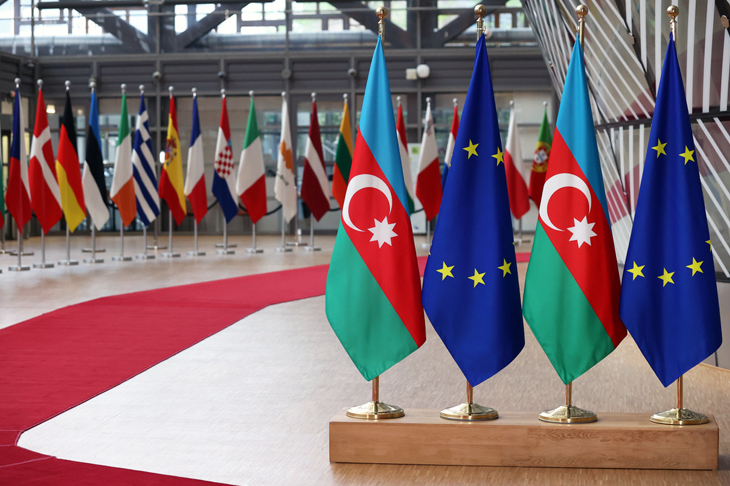
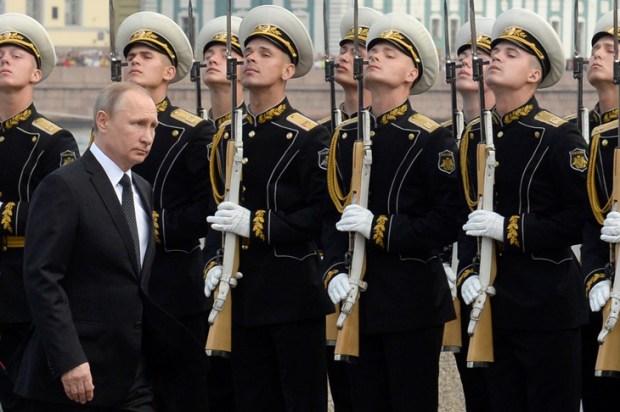
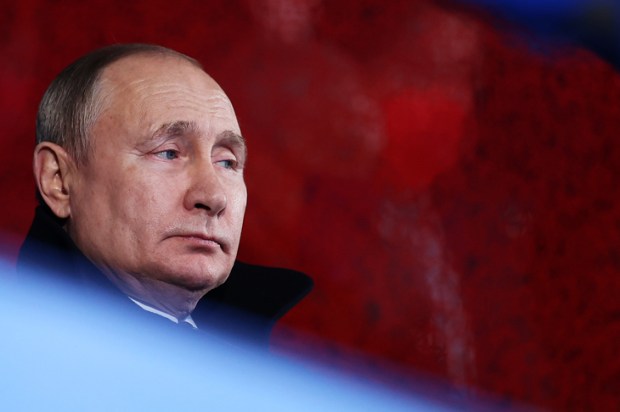

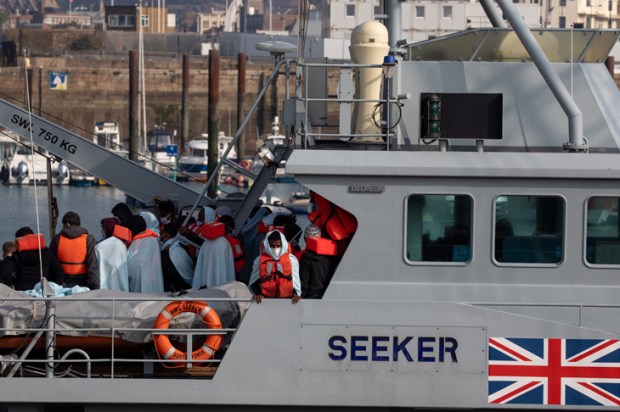
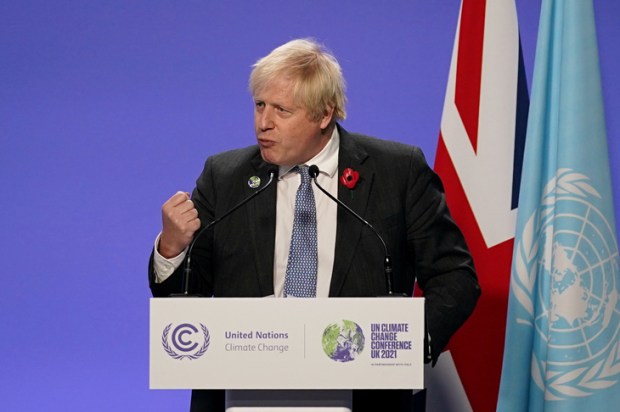
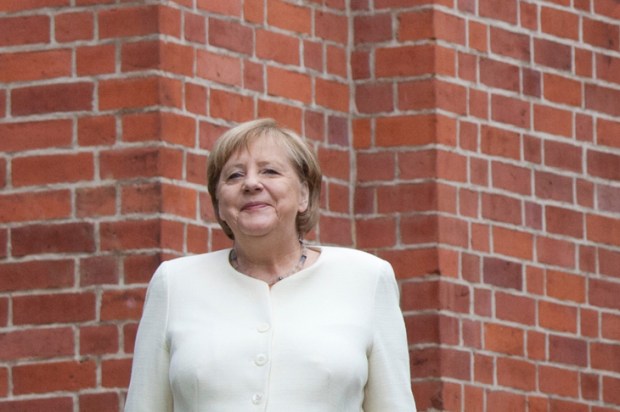






Comments
Don't miss out
Join the conversation with other Spectator Australia readers. Subscribe to leave a comment.
SUBSCRIBEAlready a subscriber? Log in